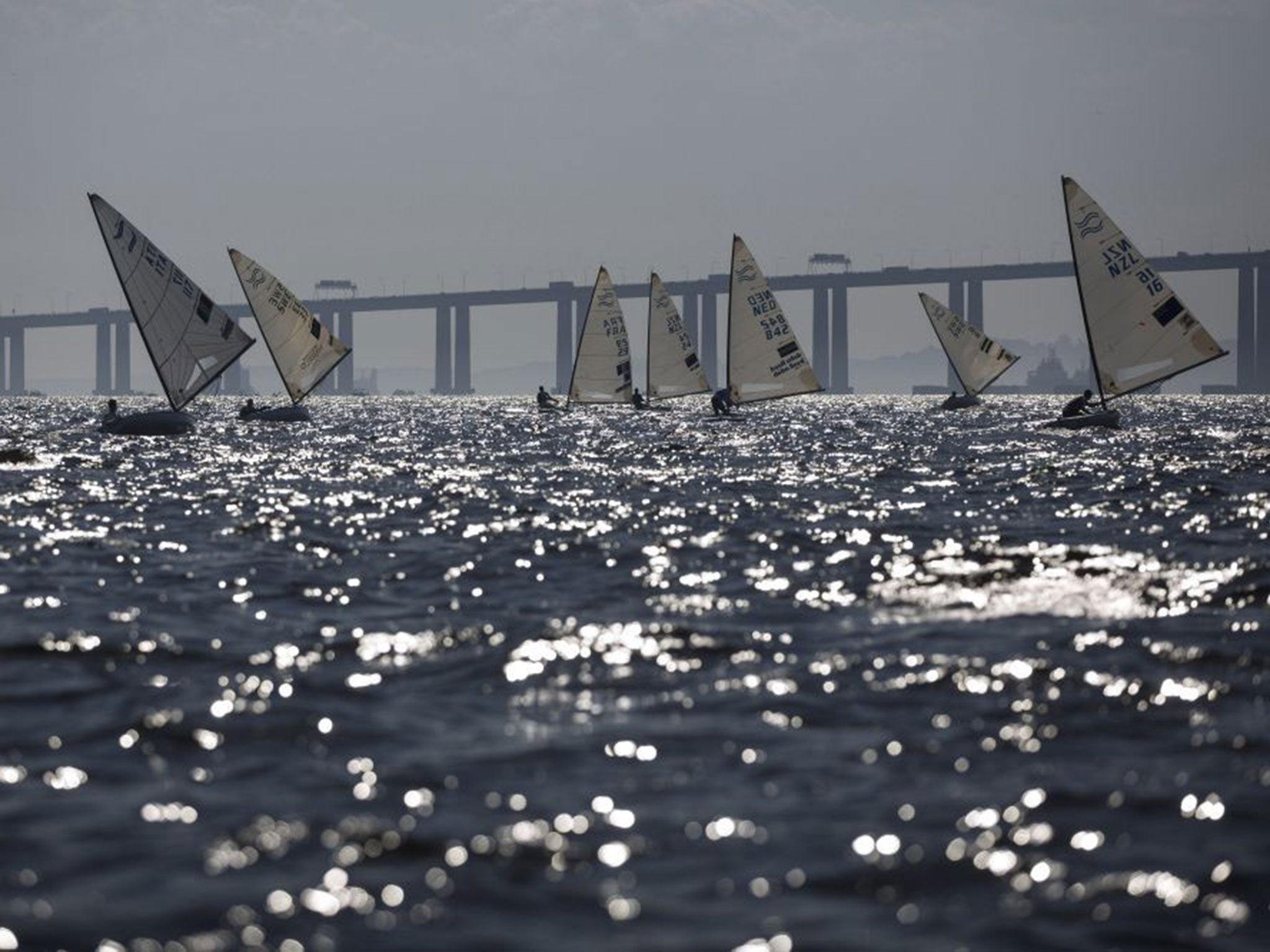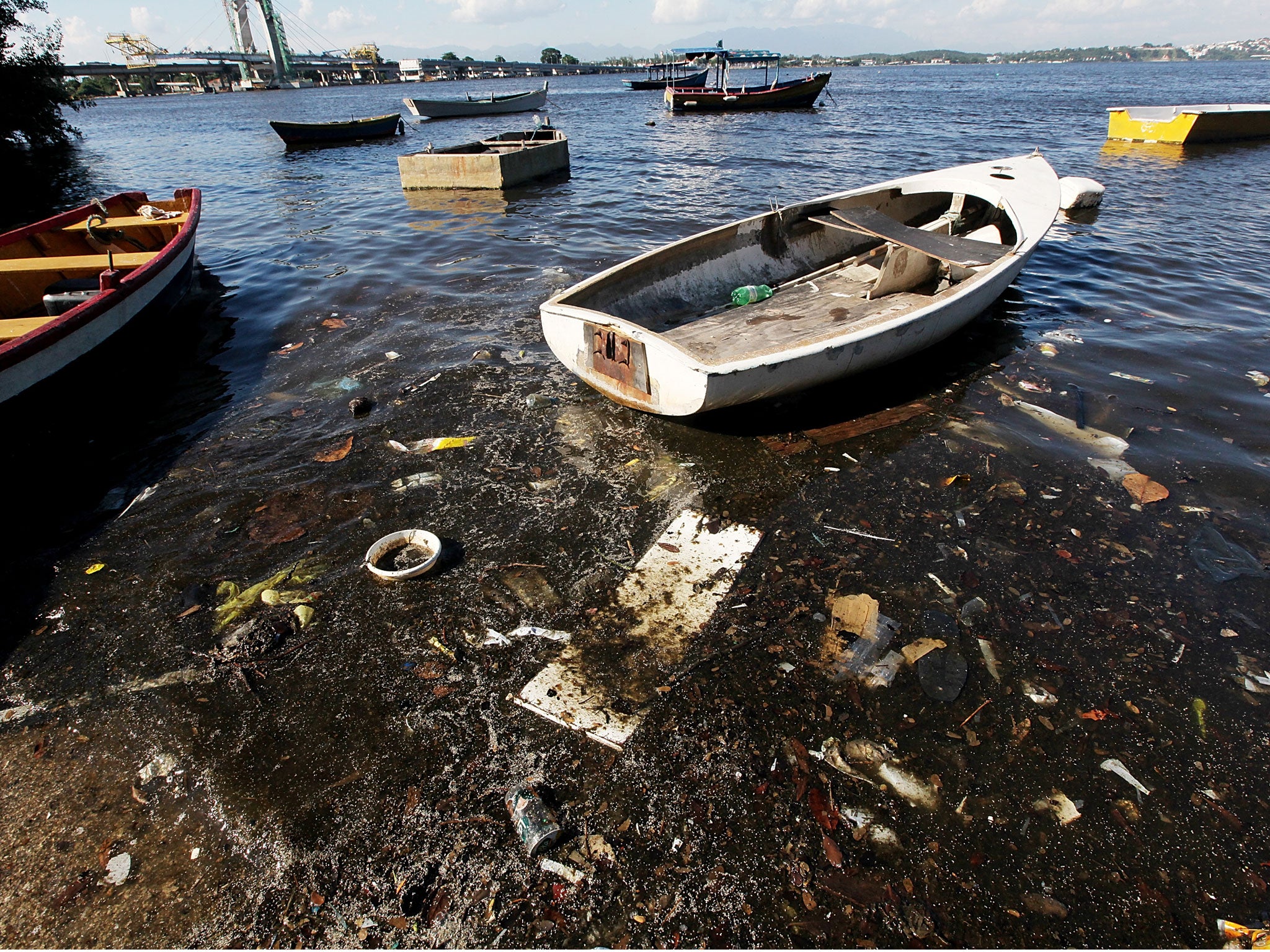Rio 2016 Olympics: Drug-resistant 'super bacteria' found in waters for sailing events
Scientists identified strain in samples from river that runs into Guanabara Bay

Your support helps us to tell the story
From reproductive rights to climate change to Big Tech, The Independent is on the ground when the story is developing. Whether it's investigating the financials of Elon Musk's pro-Trump PAC or producing our latest documentary, 'The A Word', which shines a light on the American women fighting for reproductive rights, we know how important it is to parse out the facts from the messaging.
At such a critical moment in US history, we need reporters on the ground. Your donation allows us to keep sending journalists to speak to both sides of the story.
The Independent is trusted by Americans across the entire political spectrum. And unlike many other quality news outlets, we choose not to lock Americans out of our reporting and analysis with paywalls. We believe quality journalism should be available to everyone, paid for by those who can afford it.
Your support makes all the difference.It is now less than two years until the Rio Olympics – but a new obstacle has arisen after scientists found a new “super bacteria” in the waters where sailors will compete in 2016.
Resistant to antibiotics, the bacteria is normally found in hospital waste and can cause urinary, gastrointestinal and pulmonary infections, officials with the Oswaldo Cruz Foundation said on Monday.
It is the latest blow to the Games following reports earlier this year that sailors had voiced concerns over the deluge of rubbish and human waste in Guanabara Bay, where the sailing events will take place.
The research institute discovered the bacteria in water samples taken at three spots along the Carioca, a small river that runs into the bay.

Although similar to other known strains the bacteria is resistant to the usual drugs because it produces an enzyme called KPC, said Ana Paula D'Alincourt Carvalho Assef, the coordinator of the study that was published on the Oswaldo Cruz's website.
“There is the risk of contracting diseases, which are not more serious that those caused by other micro-organisms,” Assef said, adding that no cases have yet been reported.
“The problem is that in case of infection it is possible that treatment involves hospitalisation.”
More than half the water that flows into the Guanabara Bay is sewage and organisers had vowed to reduce that amount by 80 per cent by the time the events start in August 2016.
However, the mayor has since admitted that Rio would not meet that target.
Join our commenting forum
Join thought-provoking conversations, follow other Independent readers and see their replies
Comments